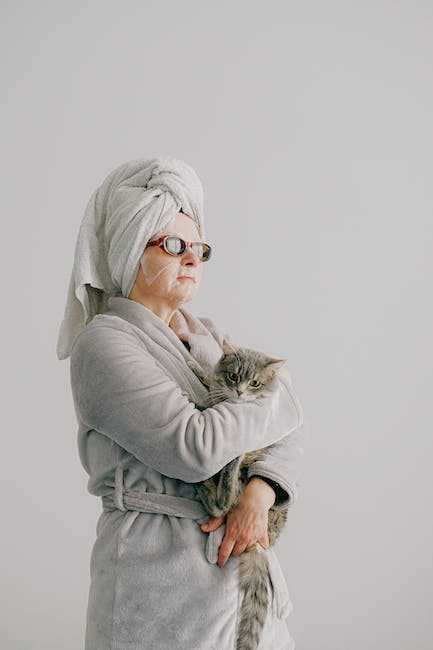
Contents
How long does it take for symptoms of Toxoplasmosis to appear following exposure?
Cats are beloved members of many families, but unfortunately, they can also play a role in the transmission of toxoplasmosis. This common infection is caused by the parasite Toxoplasma gondii and affects an estimated one-third of the whole population. In this article, we will understand the role of cats in toxoplasmosis transmission and health implications.
What is Toxoplasma Gondii ?
Toxoplasma gondii is a single-celled parasite that can infect a range of mammals and birds. Although cats are its definitive host, this parasite can cause infections in humans as well. Humans may also become infected if they are exposed to oocysts found in the feces of cats infected with this parasite.
How Are Cats Linked With Toxoplasmosis?
Cats are integral to the life cycle of Toxoplasma gondii because they are the only animals in which the parasites can reproduce. In cats, the parasites cause inflammation in several organs such as the heart, pancreas and brain. If a cat becomes infected, they may shed millions of infectious oocysts in their feces.
What Are the Health Implications of Toxoplasmosis?
Most healthy people infected with this parasite have no symptoms. However, people with weakened immune system may experience fever, headache, joint pain, rash, fatigue and swollen glands.
How to Prevent Toxoplasmosis
The chances of getting infected with toxoplasmosis generally depend on the risk factors like contact with cats and their feces. To reduce the risk of infection, it is important to:
Wash your hands:
Wash your hands with soap for at least 40 seconds after coming into contact with cats or cleaning their litter boxes.
Avoid outdoor cats:
Do not touch or feed stray cats or cats that you know are infected.
Wear gloves while gardening :
Wear gloves while gardening and avoid contact with soil that may contain cat feces.
Stay away from raw meat and unwashed vegetables:
Raw meat may contain Toxoplasma oocysts and unwashed vegetables may harbor soil particles contaminated with cat feces.
Talk to your vet:
If your cat shows signs of toxoplasmosis, take it to the vet immediately and follow your vet’s instructions for proper cat care.
To conclude, cats often bring us joy, but you must consider the potential health implications for human and cats alike. Always wash your hands, wear gloves and avoid contact with raw meat and cat feces. If your cat shows signs of toxoplasmosis, it is important to take them to the vet immediately for proper diagnosis and treatment.
